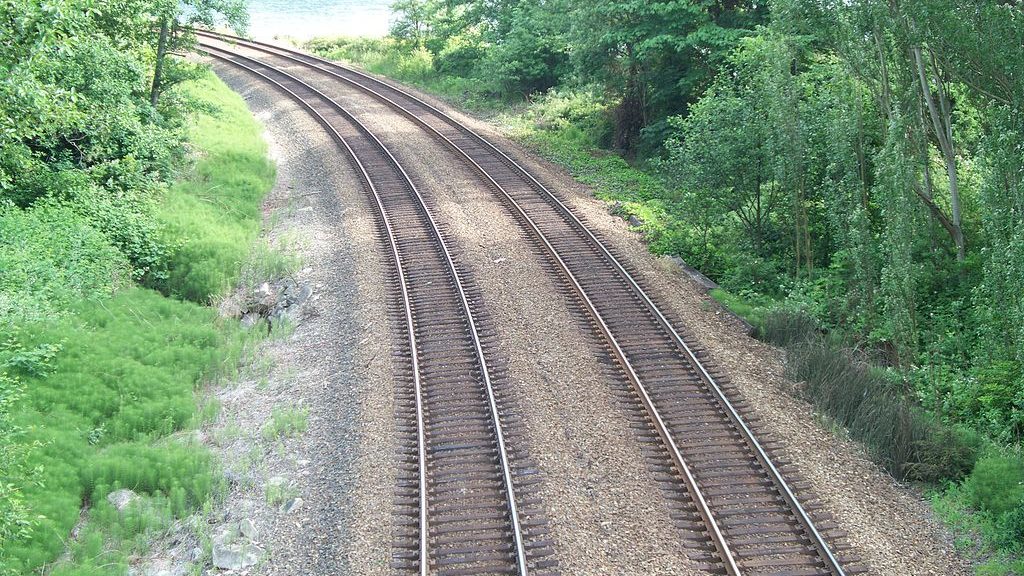What Congress is doing to prevent a potential rail workers strike
Railroad companies have cut staff to increase profits over the last decade, according to Rep. Andy Levin.

The U.S. House of Representatives has passed two resolutions in an effort to head off a potential labor stoppage next week. While the Senate will need to approve one of the bills by a 60-vote supermajority to prevent the stoppage, the decision by the House is significant — it is the first time in roughly 30 years Congress has intervened in a railroad labor dispute.
What will Congress ultimately decide to do? Will a railroad strike occur?
“The railroads have cut thousands of workers in the last decade. They’ve come under enormous pressure from some shareholders to cut labor costs and as a result they’ve really held the line on not allowing paid sick leave for short-term absences.” — David Shepardson, reporter
Listen: Why railroad workers may strike.
Guests
David Shepardson is a correspondent with Thomson Reuters who covers transportation. He says railroad workers may strike to get paid sick leave.
“The railroads have cut thousands of workers in the last decade. They’ve come under enormous pressure from some shareholders to cut labor costs and as a result they’ve really held the line on not allowing paid sick leave for short-term absences, and that really is at the heart of the dispute,” says Shepardson.
Congressman Andy Levin is a Democrat from 9th Congressional District. He says he worked to incorporate sick time into one of the two railroad legislative bills.
“Basically, I spent all of Tuesday on the phone pushing to get some basic justice for these workers,” says Levin, “To get some modicum of sick time incorporated into this deal.”
Trusted, accurate, up-to-date.
WDET strives to make our journalism accessible to everyone. As a public media institution, we maintain our journalistic integrity through independent support from readers like you. If you value WDET as your source of news, music and conversation, please make a gift today.
